This year marks the 30th anniversary of the Khojaly genocide.
This massacre has gone down in history as one of the worst tragedies of the century. As a result of the genocide, 613 Khojaly residents, including 63 children, 106 women, 70 elderly people, were killed, 8 families were completely eliminated, 25 children lost both parents and 130 children lost one parent. As many as 487 people, 76 of them children, were wounded by enemy bullets. And 1,275 people were taken hostage. The fate of 150 captives, including 68 women and 26 children, is still unknown.
Sevda Karimova is one of those who witnessed that night and lost her family members.
Karimova told Report what she witnessed that day.
- How do you remember Khojaly?
- We were deported from Western Azerbaijan in 1988 and came to Shusha. After living in Shusha for two years, we moved to Khojaly in 1991. We experienced the Khojaly tragedy in 1992. Although we lived in Khojaly for only two years, it was as if we were born there and always lived there. People treated us very well. In general, along with the people, the nature and weather of Khojaly were very beautiful. Little did we know that we would be expelled again.
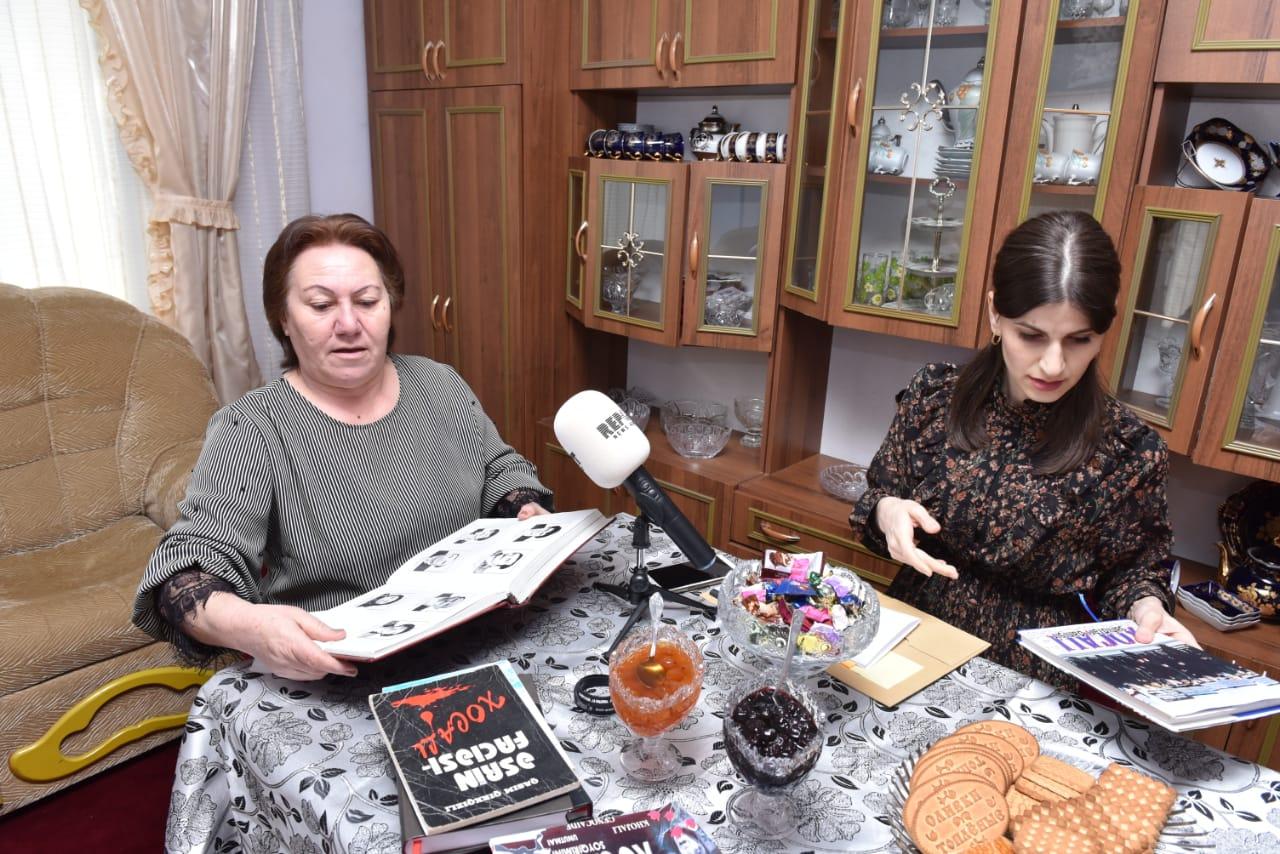
- How old were you at the time when those events happened?
- At that time, I was 25-26 years old. I was a young girl and in the most beautiful times of my life. My older brother Soltan was a lieutenant. My younger brother Firuz was a police officer. My father fought in the 1941-45 war. He was a war veteran. Ühen üe üere child, we often asked my father about the war. It was interesting to us. He also talked about how terrible the war was. It never occurred to us that the day would come and we would experience war.
- What happened on the night of February 25-26?
- It was December 1991, when the Armenians started firing on our houses. My mother was sitting on the sofa, weaving a jacket at that time. The bullet went through the wall and wounded my mother's arm. My mother had her arm in a bandage for a long time. Armenians occasionally fired on the village, and at that time, we went and took refuge in the garage of my brother's brother-in-law. February 25 ... My brother Firuz was on duty that night. Neither he got information about us, nor we about him. We heard noises and shouts that the Armenians had attacked and laid siege to the city. We quickly left the house to go to the garage again. My father did not want to leave the house, saying that he would protect the house. My mother and brother and I went to the garage. Shortly afterwards, my father came crawling and said he was shot in the back. He was bleeding. We closed the wound and decided to go to Aghdam. It had snowed so much that it is impossible to describe in words. There was a severe frost. Out of anxiety, we didn't even wear thick clothes. We had no shoes when we reached the roads, and our clothes were torn. Armenians blocked our way in the direction of Nakhchivanik. We hid in the bushes with fear. Soltan said, 'Sevda, run away, or the Armenians will take you hostage. If you do not run away, I will kill you myself.' Then he told me to go and said he'd bring my father. I left them and joined a different group. On the way, we saw the bodies of daughter-in-law and grandchild of my mother's uncle, who had been killed by Armenians. They mutilated the corpses so badly that it was hard to look at them.
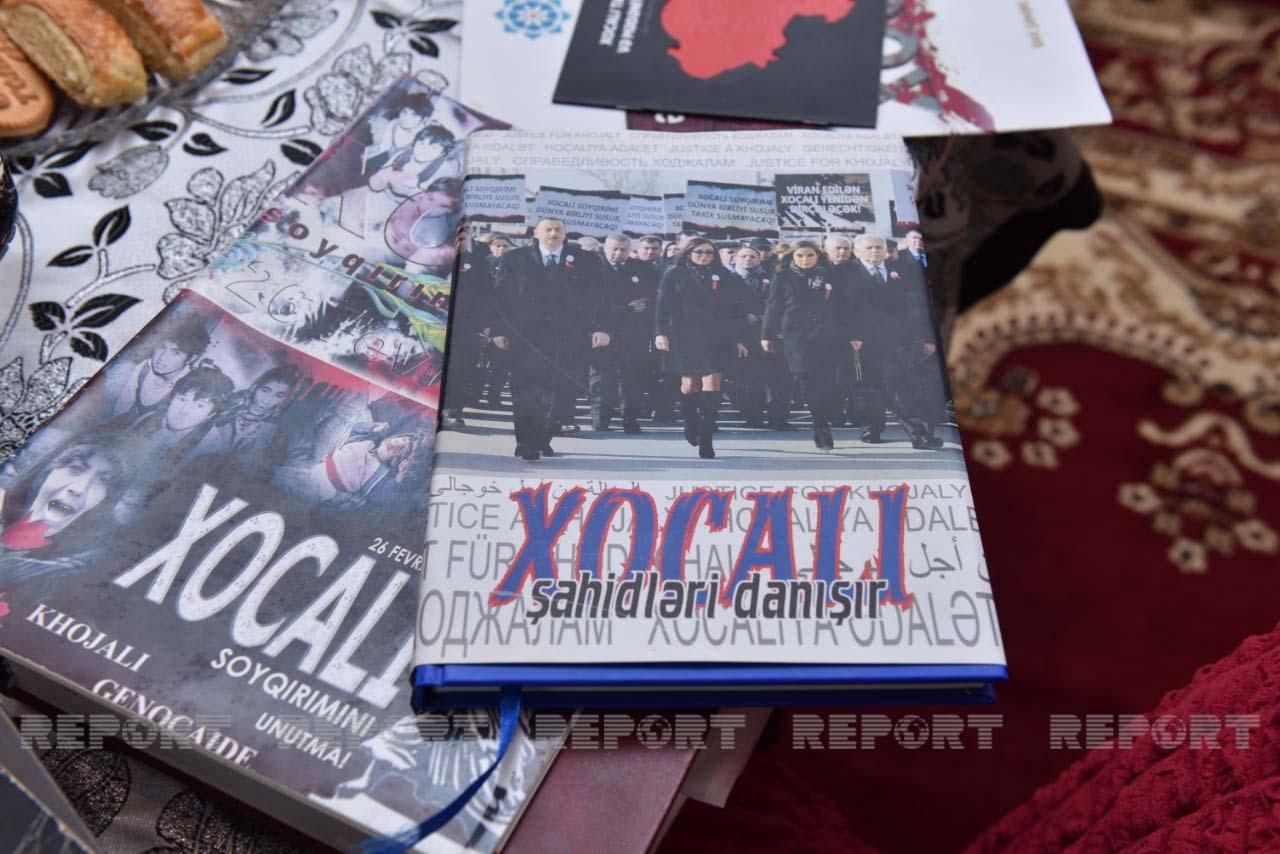
- Your father, mother and brother stayed there, but you left?
- We were forced to separate; I thought that nothing bad would happen; they would follow us. I was afraid that I would be captured by the Armenians. We were hiding in the woods. Suddenly, the Azerbaijani soldiers came and said in our language, 'Don't be afraid! Get out!' We immediately went out of the bushes and headed to Aghdam. Thankfully, the people of Aghdam helped us and gave us food and clothes.
- What happened to the rest of your family?
- Many corpses and wounded were being brought to the Aghdam mosque. For two or three weeks, I only searched for my family members. On March 21, the bodies of my father, mother and older brother were brought. Armenian savages made the corpses so unrecognizable that we tried to recognize our relatives and family members by their clothes and hats. My brother had a gold tooth in his mouth, and the Armenians had pulled it out. At that time, gold teeth were in vogue. We buried my parents and brother in Mingachevir. I never heard from Firuz again. For me, the disappearance of Firuz was harder than the loss of my parents. Because at least we buried my parents and brother, there was a place to visit them. But it is harder without Firuz.
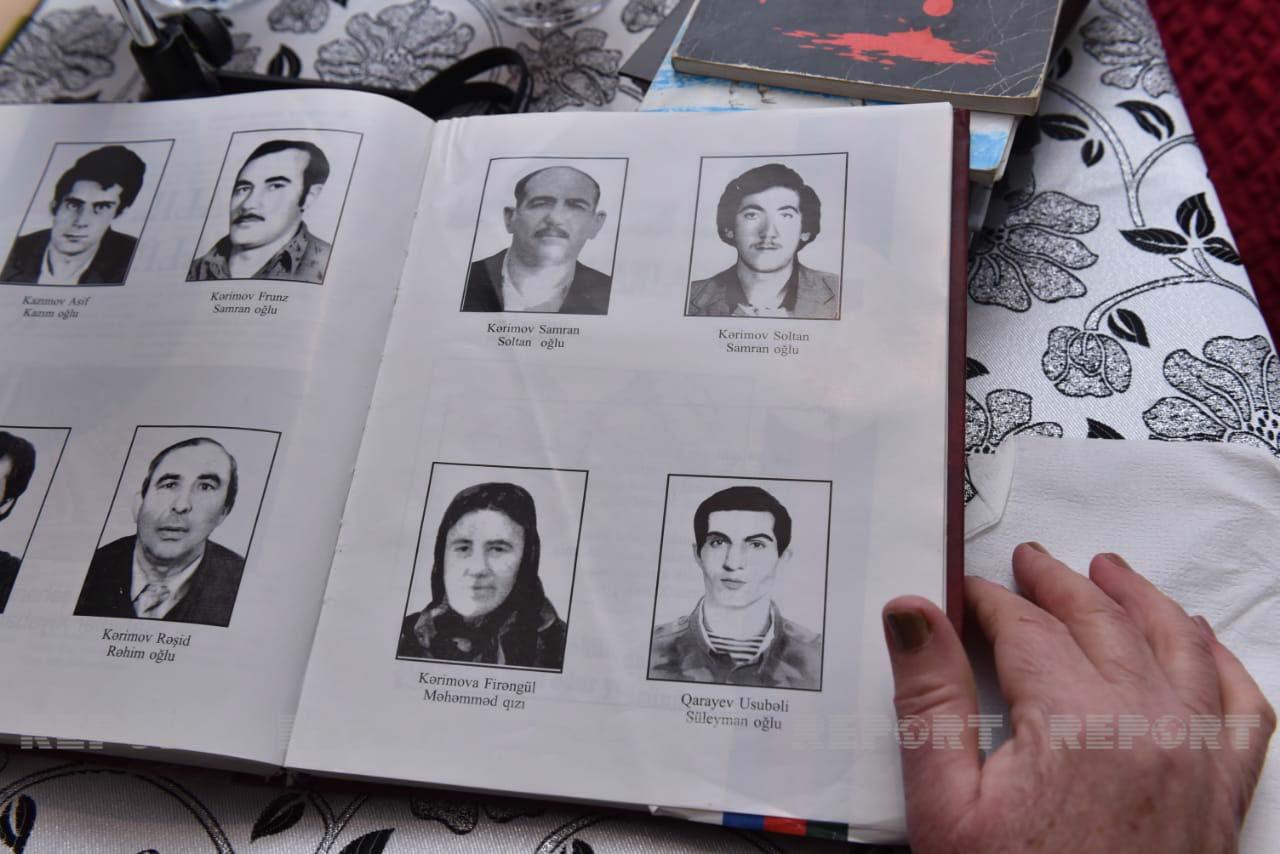
- You were the only one left from your family, how did you do manage, where did you stay?
- My uncle was the director of a sanatorium in Pirshagi, he helped us stay in the sanatorium. We had very difficult days. My family was destroyed. We suffered psychologically and morally. I became sleep-deprived. It's unbearable to remember those terrible days and atrocities. After staying in the sanatorium for a while, the late Heydar Aliyev gave us the house where we live now. Now I live here with my grandchildren and son. The revenge of our martyrs has already been taken. May God protect our soldiers and have mercy on the martyrs. After that, may people never see a war.
- Do you see those events in your dreams?
- They did not leave my dreams for a long time. I was reliving those horrors. Over time, it began to decline. Maybe people think that my whole family is destroyed and how can I can live now. When we stayed in the sanatorium, there were many people like me who had their lives turned upside down. But we looked at each other and tried to survive. I wish at least my father would have a door, and I would go and talk when I felt sad or missed him as his daughter. Armenian vandals deprived me and hundreds of people like me of this. Sometimes I wish I would die too.
Photo: Samira Hasanova
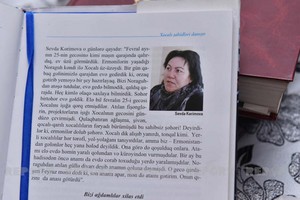
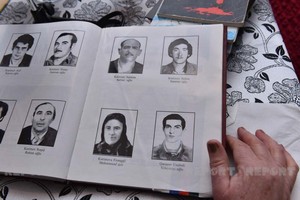
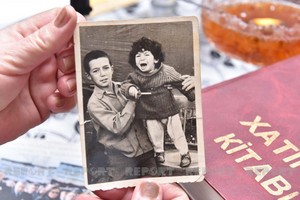
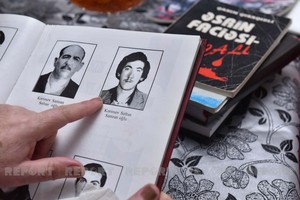
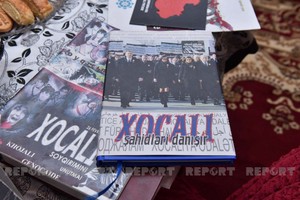
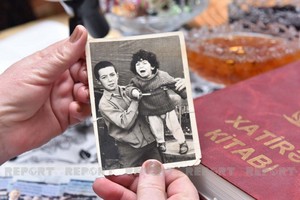
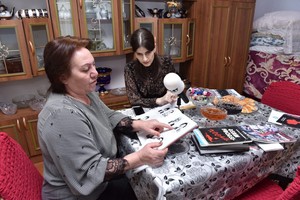
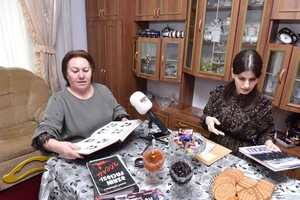


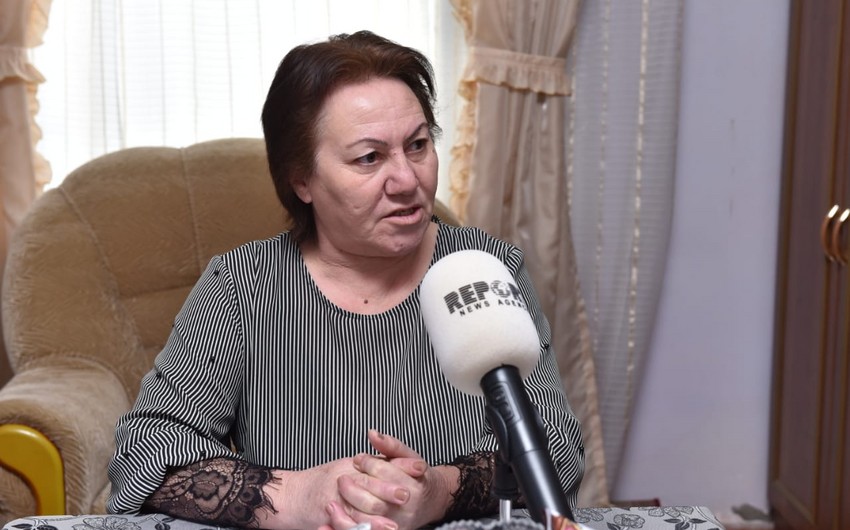 https://images.report.az/photo/392d1bc9-42cb-35ee-a258-2fcf61b7d4c5.jpg
https://images.report.az/photo/392d1bc9-42cb-35ee-a258-2fcf61b7d4c5.jpg

